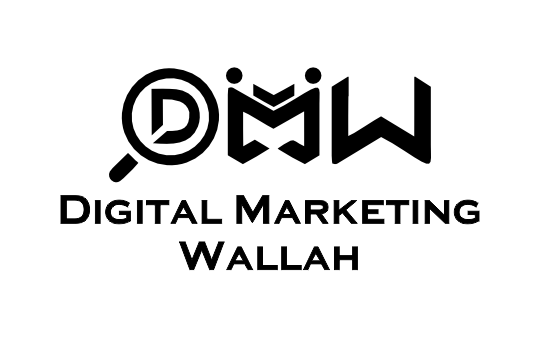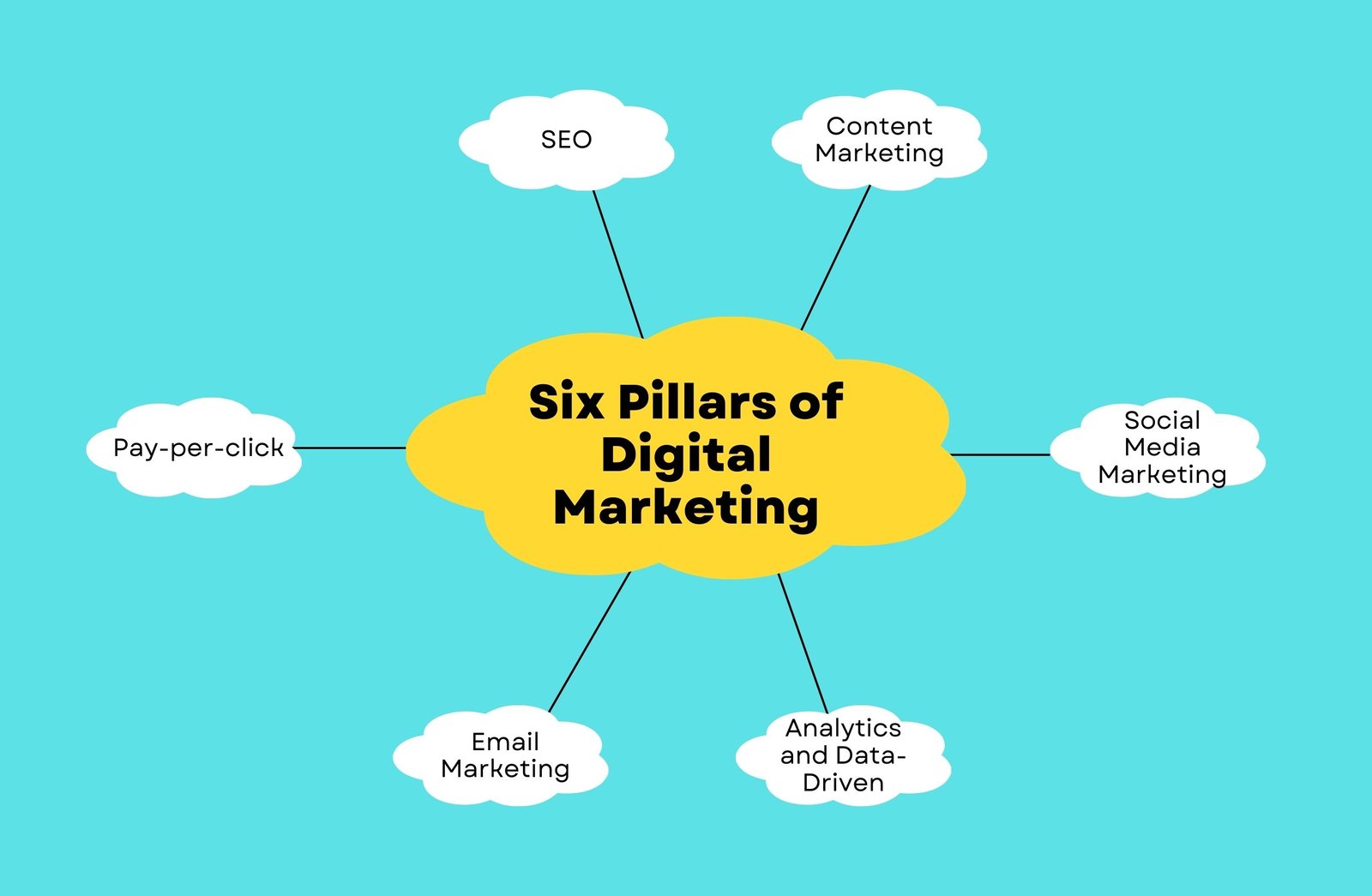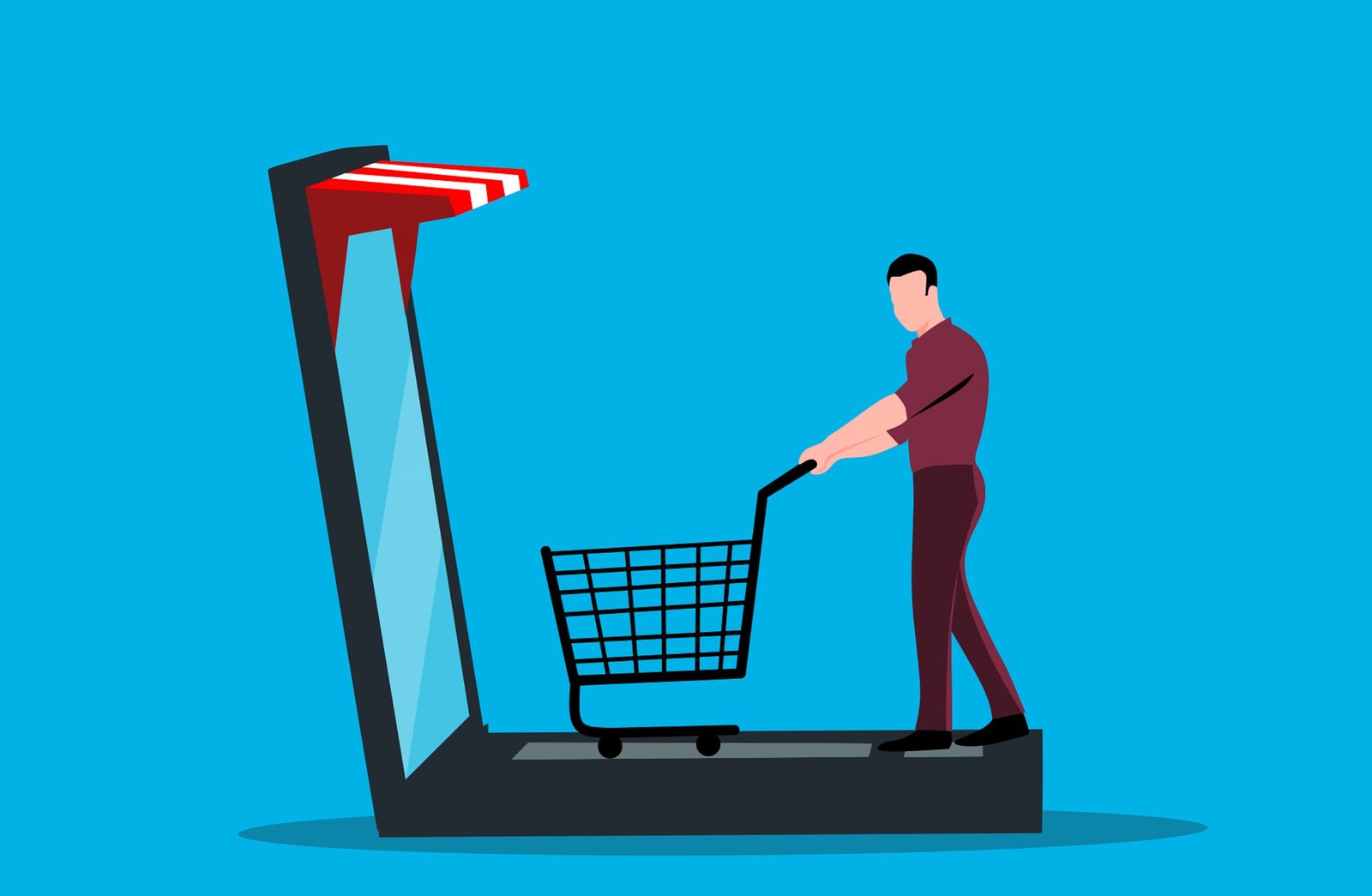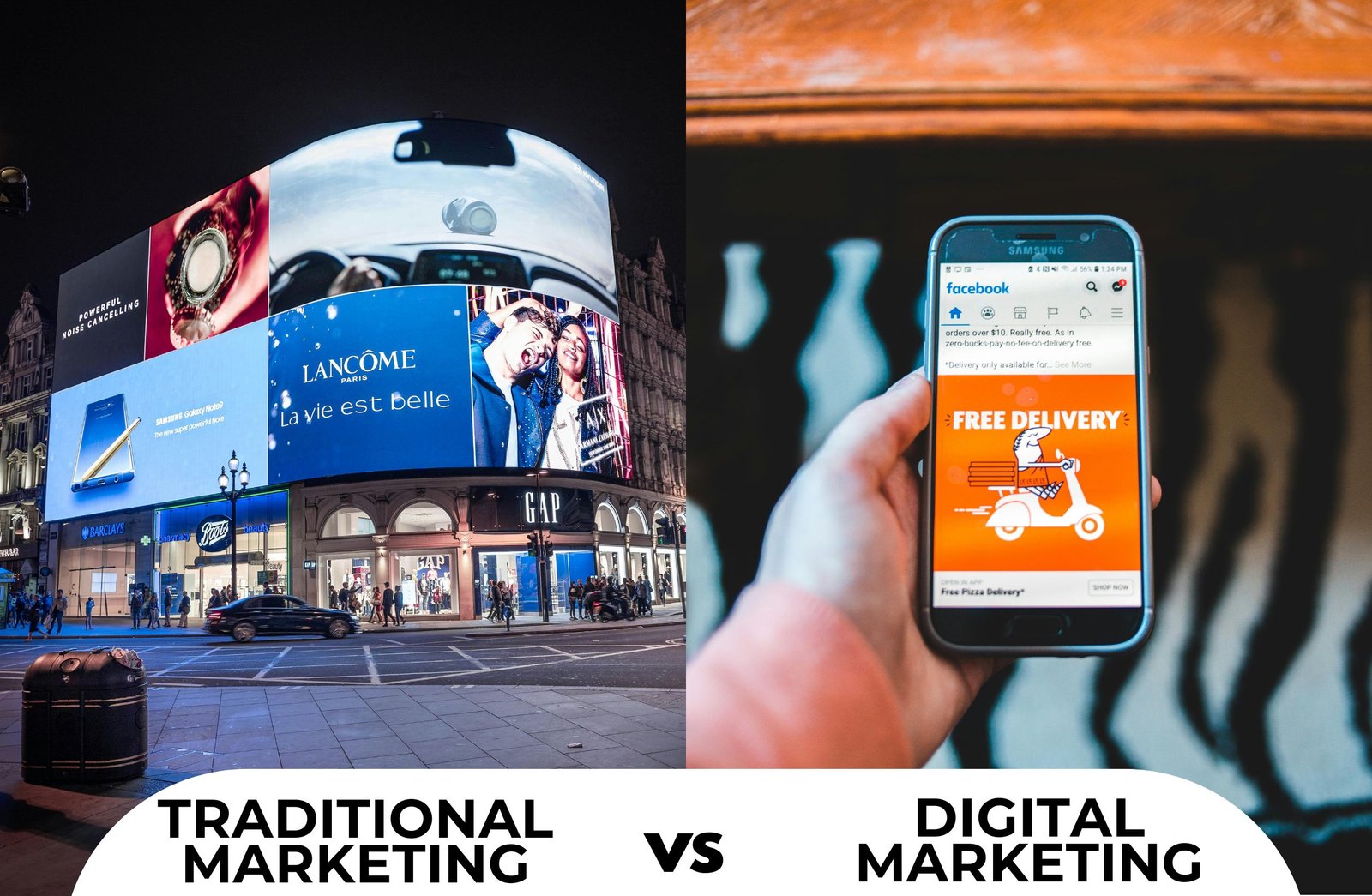Digital Marketing Opportunities and Challenges Explained!
In today’s digital age, businesses are empowered by digital marketing to reach a global audience and enhance brand visibility. The rapid growth of technology has opened numerous opportunities for businesses to expand their market reach. However, with these opportunities come various challenges that require strategic solutions. This article will explore the significant opportunities and challenges in digital marketing to help businesses navigate the evolving digital landscape effectively, instilling a sense of confidence and control.
The increasing reliance on the internet, social media, and e-commerce platforms has revolutionized how businesses interact with consumers. With digital marketing, companies can achieve precise targeting, enhanced engagement, and measurable results. However, the fast-paced nature of the industry also requires businesses to be agile and continuously adapt to new trends and consumer behaviors. Understanding both the opportunities and challenges can help marketers and businesses create successful strategies, fostering a sense of agility and responsiveness.
Opportunities in Digital Marketing
1. Global Reach and Market Expansion
One of the most significant advantages of digital marketing is the ability to reach a worldwide audience. Unlike traditional marketing, which is often restricted by geographical limitations, businesses can target customers across different regions with minimal investment.
With the rise of cross-border e-commerce, businesses can now effortlessly sell products and services to international customers. Platforms like Amazon, eBay, and Shopify have enabled companies to expand their reach beyond local markets, opening new revenue streams. Localization strategies, including multilingual websites and region-specific marketing, can further enhance global engagement.
2. Cost-Effective Marketing Strategies
Digital marketing provides cost-effective alternatives to traditional marketing methods. Platforms like social media, email, and content marketing allow businesses to reach their target audience at a fraction of the cost of conventional advertising.
For instance, pay-per-click (PPC) advertising ensures that businesses only pay when users interact with their ads, making it a budget-friendly approach. Similarly, organic SEO helps brands generate traffic without ongoing advertising expenses, maximizing ROI. Even small businesses can compete with large corporations by leveraging smart budgeting and targeting strategies.
3. Data-Driven Decision Making
With advanced analytics and tracking tools, businesses can make informed marketing decisions. Platforms like Google Analytics, Facebook Insights, and SEO tools provide valuable data on customer behavior, preferences, and engagement, enabling businesses to optimize their strategies.
By leveraging big data analytics, marketers can predict consumer behavior, personalize campaigns, and improve overall performance. Real-time data insights help businesses refine their approach and increase conversion rates. Moreover, AI-powered analytics tools enhance forecasting accuracy, assisting companies to stay ahead of competitors.
4. Personalization and Customer Engagement
Through AI-driven marketing, email segmentation, and behavioral targeting, businesses can deliver personalized content to users based on their interests. This improves customer engagement and conversion rates.
Chatbots, AI-powered recommendation engines, and interactive content have enhanced user experiences, making marketing efforts more effective. Brands that focus on personalized interactions build stronger customer relationships and loyalty. Personalized video messages, dynamic email content, and customized shopping experiences enhance user engagement.
5. Social Media Influence
Social media platforms like Facebook, Instagram, LinkedIn, and Twitter provide excellent business opportunities to engage with their audience. Influencer marketing has also become a powerful tool for increasing brand credibility and driving sales.
With live streaming, reels, and short-form video content, businesses can create engaging content that resonates with their audience. Social commerce features like Instagram Shopping and Facebook Marketplace allow direct selling through social platforms. Brands can also use user-generated content (UGC) to enhance authenticity and credibility.
6. SEO and Organic Traffic Growth
Implementing Search Engine Optimization (SEO) strategies allows businesses to rank higher on search engine results, increasing organic traffic. Companies can improve their online presence and attract potential customers with effective on-page and off-page SEO.
Additionally, voice search optimization and AI-driven SEO strategies are shaping the future of search marketing, making it essential for businesses to stay ahead of evolving trends. Local SEO, featured snippets, and structured data markup enhance organic search visibility.
7. Content Marketing and Thought Leadership
High-quality blogging, video content, and podcasts help businesses establish authority in their industry. Informative content builds trust with the audience and positions brands as industry leaders.
Educational and long-form content such as whitepapers, eBooks, and webinars offer businesses an opportunity to showcase their expertise, generate leads, and nurture customer relationships. Additionally, interactive content like quizzes, infographics, and online courses increases engagement and knowledge retention.
8. Automation and AI-Powered Marketing
Marketing automation tools like HubSpot, Mailchimp, and Chatbots streamline processes, improve efficiency, and enhance customer interactions. AI-driven algorithms help optimize advertising campaigns and customer experiences.
Automation also enables businesses to scale their marketing efforts without significantly increasing overhead costs, ensuring consistent engagement with leads and customers. Predictive AI models enhance targeting precision, reducing ad spend wastage.
9. E-commerce and Mobile Marketing Growth
The rise of e-commerce and mobile marketing has revolutionized how consumers shop. With mobile-friendly websites, apps, and mobile SEO, businesses can tap into a growing audience of mobile users.
Mobile-first marketing strategies, such as SMS marketing, app-based promotions, and push notifications, enable businesses to maintain direct communication with customers. Progressive Web Apps (PWAs) enhance mobile experiences without requiring full app downloads.
10. Multi-Channel Marketing Approach
A multi-channel strategy that includes email marketing, social media, PPC advertising, and influencer collaborations ensures a broader reach and excellent customer retention.
Omni channel marketing ensures a seamless customer experience across various touchpoints, increasing engagement and loyalty. Integrated customer journey mapping provides a smooth transition between online and offline channels.
Challenges in Digital Marketing
Common Challenges and Solutions in Digital Marketing
| Challenge | Description | Solution |
| Increased Competition | Digital marketing has become highly competitive, making it difficult for new businesses to stand out. | Focus on niche marketing, unique value propositions, and high-quality content. |
| Data Privacy Regulations | Compliance with laws like GDPR and CCPA makes data collection and usage challenging. | Implement transparent data policies and use ethical marketing strategies. |
| Changing Algorithms | Frequent updates in search engine and social media algorithms impact visibility. | Stay updated with industry trends and adapt SEO/social media strategies accordingly. |
| Content Saturation | The digital space is crowded with content, reducing engagement rates. | Create unique, high-value, and interactive content to captivate audiences. |
| Ad Blockers | Many users block digital ads, reducing campaign reach. | Use native advertising and influencer marketing for better audience penetration. |
1. High Competition in the Digital Space
The digital space is becoming increasingly competitive due to the widespread adoption of digital marketing. To stand out, businesses need to make significant investments in unique branding and high-quality content. These, along with targeted advertising, are key to differentiating a brand in a cost-efficient manner.
2. Rapid Algorithm Changes
Search engines and social media platforms are constantly updating their algorithms, which can significantly impact website rankings, ad performance, and organic reach. To ensure visibility and engagement, businesses must prioritize staying updated with the latest SEO trends and social media updates.
3. Privacy and Data Protection Regulations
With strict laws like GDPR and CCPA, businesses must ensure compliance with data protection regulations. Ethical data collection, secure storage, and user consent management require constant monitoring and updates to marketing strategies.
4. Managing Customer Expectations
Modern consumers demand fast responses, personalized experiences, and high-quality content. Businesses must invest in AI-driven chatbots, omni channel customer support, and real-time engagement to meet these expectations and maintain customer satisfaction.
5. Ad Fatigue and Consumer Trust Issues
With excessive online advertising, users often experience ad fatigue, leading to lower engagement rates. Additionally, increased skepticism toward online promotions requires brands to build authenticity through transparent marketing, influencer partnerships, and user-generated content.
6. Challenges and Opportunities of Digital Marketing
Successfully navigating the challenges and opportunities of digital marketing requires businesses to be agile, continuously innovate, and most importantly, align with changing consumer preferences.
Conclusion
By embracing digital marketing opportunities and proactively addressing challenges, businesses can thrive in the evolving digital landscape. With data-driven strategies and innovative content, companies can maximize their online presence. However, it’s the personalized engagement that truly makes customers feel valued and understood, ensuring long-term success. The ability to navigate the challenges and opportunities of digital marketing will determine a brand’s sustainability and growth.







